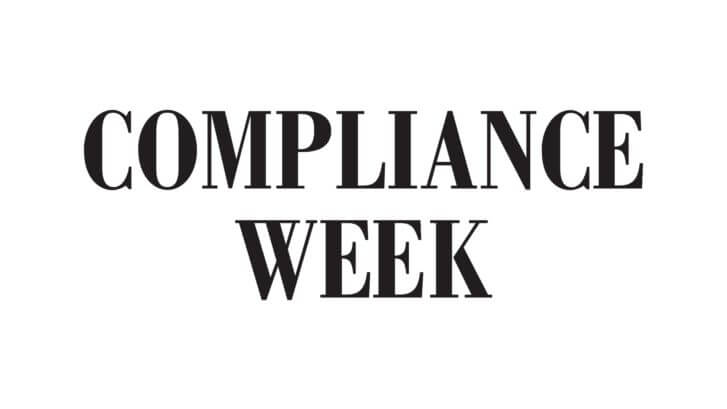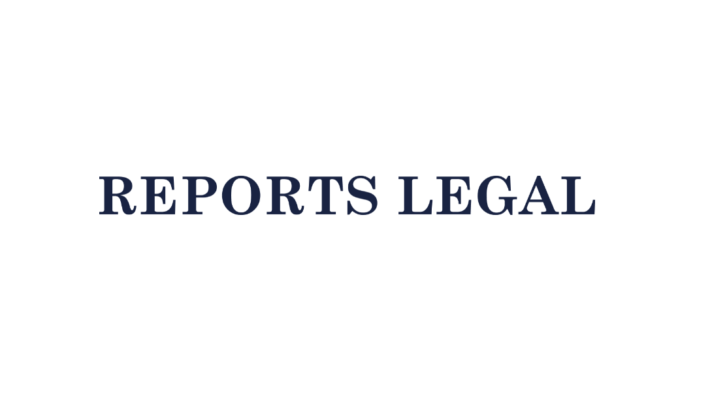
Regulatory


Michael Drury and Tom McNeill write for Lexology’s Government Investigations: Global Overview

Law Commission proposals put heat on U.K. execs – Tom McNeill quoted in Compliance Week

Tom McNeill and John Binns write for Reports Legal on Law Commission proposals on corporate criminal liability

Richard Reichman speaks to the Investors’ Chronicle on greenwashing

Health & Safety prosecutions: individual failings

Defending failure to prevent offences

John Binns writes for Thomson Reuters discussing cannabis and money laundering

BCL’s Julian Hayes and Andrew Watson discuss the NIS Regulations with The Barrister Magazine

